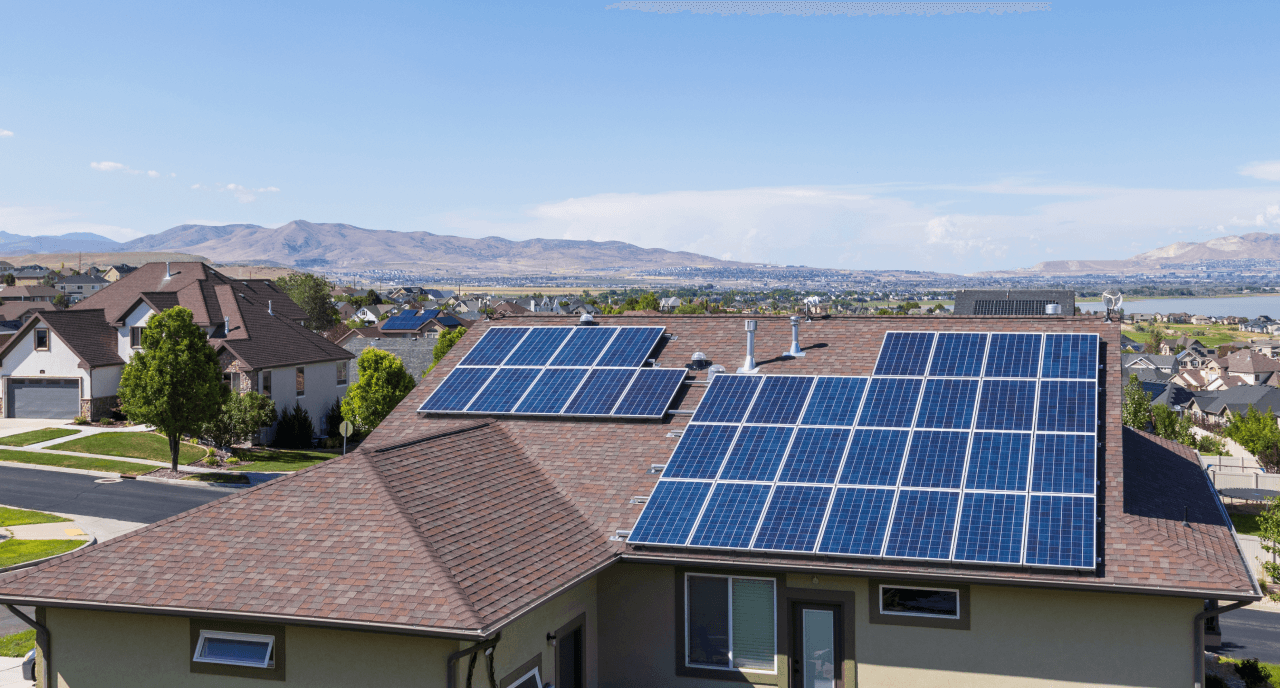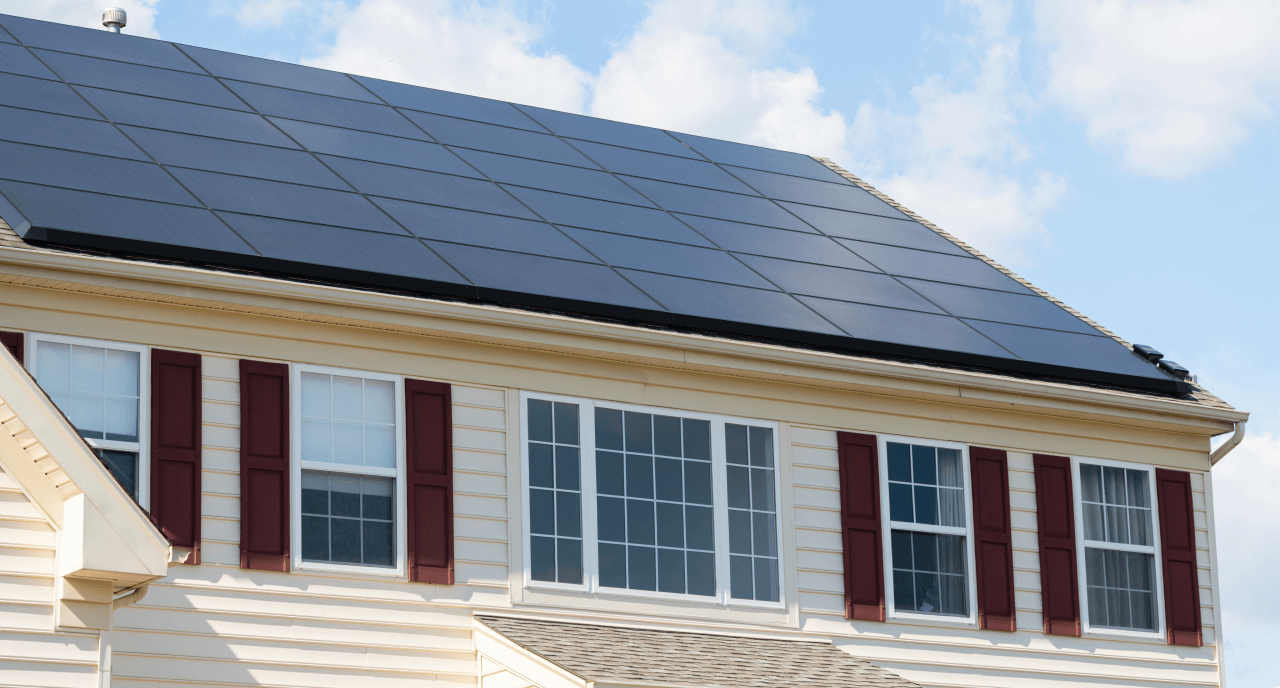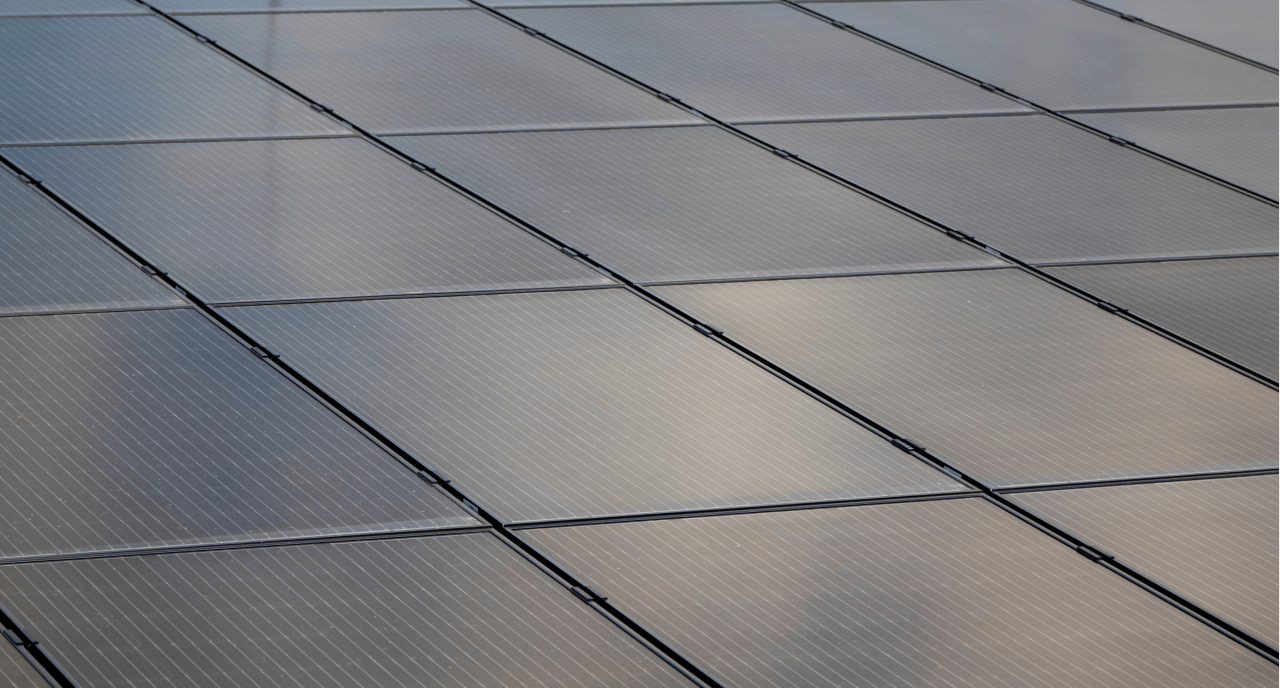Permitting - How to Boost Your Solar Project
Permitting - How to Boost Your Solar Project
Last edited June 5th, 2024

Same day permitting is becoming more common across the country because online processes are making it quicker and easier. However, most states have not yet adopted this change. Things like filing paper permits and manual scheduling of inspections continues to be roadblocks for many homeowners who chose to switch to solar.
Although permits can be a pain for the homeowner, they are necessary for all big home improvement projects including plumbing, HVAC, electrical, remodels, demolition, landscaping, and solar. You do not want to skip this step unless you want pricey fines, frustrating delays, and fees from the city.
You know what helps, though? Understanding where permits fit into your project. And finding a solar company that will do it for you (i.e. Lumio). So what do you need to know about solar permitting before making the switch to personal power? Let’s dig in.
Why Do I Need a Permit?
Back in the day building codes, permits, and safety regulations were loosely enforced, if at all. The buildings that still exist from that era were more than likely funded by wealthy citizens who could afford the best engineers of their time.
Permitting laws and regulations were established to ensure all buildings comply with an established standard to protect the investment of homeowners from catastrophic loss if mother nature decided to put the integrity of the building to the test.
The primary aim of permitting is to ensure the safety of you and your loved ones, and also the safety of the workers who will be completing your project. With this in mind, building officials review applications and approve them once they're satisfied that the project's plans, calculations, and specifications comply with local adaptations of relevant codes.
Building officials double and triple check all the plans to keep you and your home safe. You can see why this process is so valuable. But that double and triple checking, while being for your benefit, can feel slow when you're excited about your home project.

Skipping Permits Can Be Costly
Sure, the obvious cost of skipping permitting is fines from the city, but even worse are the costs that arise from those problems that the permitting process would have caught if the correct inspections had occurred. These include things like electrical malfunctions, structural compromises, and damage to your roof—problems that are not only costly, but unsafe.
At Lumio, permits happen first for a reason. We've done it many times, in many cities, and it's not daunting for us at all. We appreciate the value of inspections and permitting to ensure a safe installation and a productive system.
If a homeowner tackles this process on their own, they should plan for unexpected costs, delays, engineering snags, and inspection delays throughout the solar project. Switching to solar with Lumio makes things easy. We handle the design, permitting, scheduling, and inspection process so you don’t have to.
Even with tens of thousands of homes under our belt, we are still aware that dealing with local city and county governments can sometimes involve significant delays. We work hard to maintain great relationships with each city we serve, but that doesn’t always guarantee a quick turnaround on permitting. Our job is to make this process as smooth as possible for you, and we'll keep you in the loop every step of the way.
Some codes and regulations can vary by city. The ADA, Fair Housing Act, and other similar regulations can further complicate the permitting process. When choosing a solar company, make sure to go with professionals who are aware of the different codes and regulations and don’t skip out on permitting so you can ensure a smooth solar project.
We Applied For Your Permit—Now What
You get to relax. After the application is submitted, the city will review your plans. Sometimes several departments within the city have to tick the boxes, so in some cases it can take several weeks or longer. We'll keep following up with them for you.
- The Building & Safety Division will determine compliance with building, plumbing, mechanical, electrical, energy conservation, disabled access, Greenbuild, and storm water control regulations.
- The Fire Department will check for compliance with fire safety requirements.
- The Public Works Department will check for compliance with flood control, drainage, parking and driveway standards, and public improvement requirements.
- The Planning Division will verify compliance with zoning regulations including authorized uses within zoning districts, required parking, and property development standards such as lot coverage, building height, setback, and density requirements.
- The Utilities Department will review for water conservation and waste management objectives.
It’s clear that a lot of hands touch your application for a permit, which is why it can take time for the application to be approved and your project to move forward. Depending on where you are in the country, your permit might be issued as quickly as 2-4 days, but tends to average around 2-4 weeks before your permit is processed. Timelines can vary widely and are subject to change without notice.
Change to Your Plans
If any one of the departments finds something that needs to be updated or changed on your project plans, they will let us know that edits need to be made before they will give their approval. Don’t be worried when this happens. While we work hard to meet all codes and regulations before requesting a permit, occasionally something may fall through the cracks. Once those changes have been made and the city is satisfied, they will give you a permit, and your solar project can begin.

Change to Your Plans
If any one of the departments finds something that needs to be updated or changed on your project plans, they will let us know that edits need to be made before they will give their approval. Don’t be worried when this happens. While we work hard to meet all codes and regulations before requesting a permit, occasionally something may fall through the cracks. Once those changes have been made and the city is satisfied, they will give you a permit, and your solar project can begin.
Permit Received
Once your permit has been received, we will reach out to schedule the installation of your solar system. While the permitting can be pretty complex, its purpose is to make sure you, your home, and the installation crew are as safe as possible. We're happy to go through the process for you.
For more information about solar permits or the solar process, don’t hesitate to reach out to one of our solar experts.
Ready to see if Lumio is right for you? Our teams are standing by to help. Switch to solar today!
